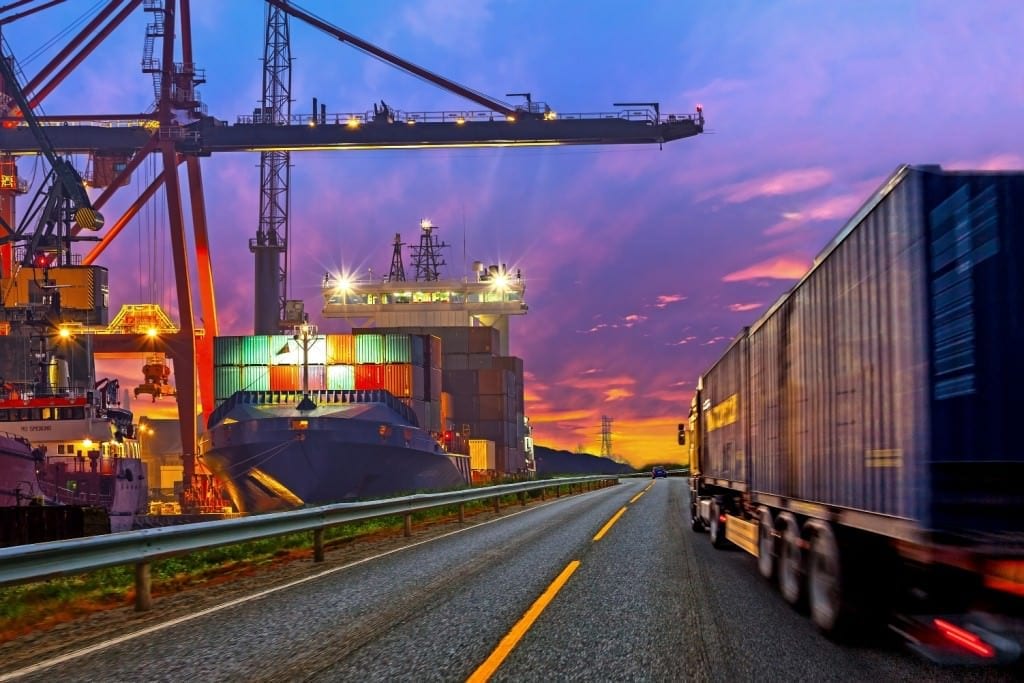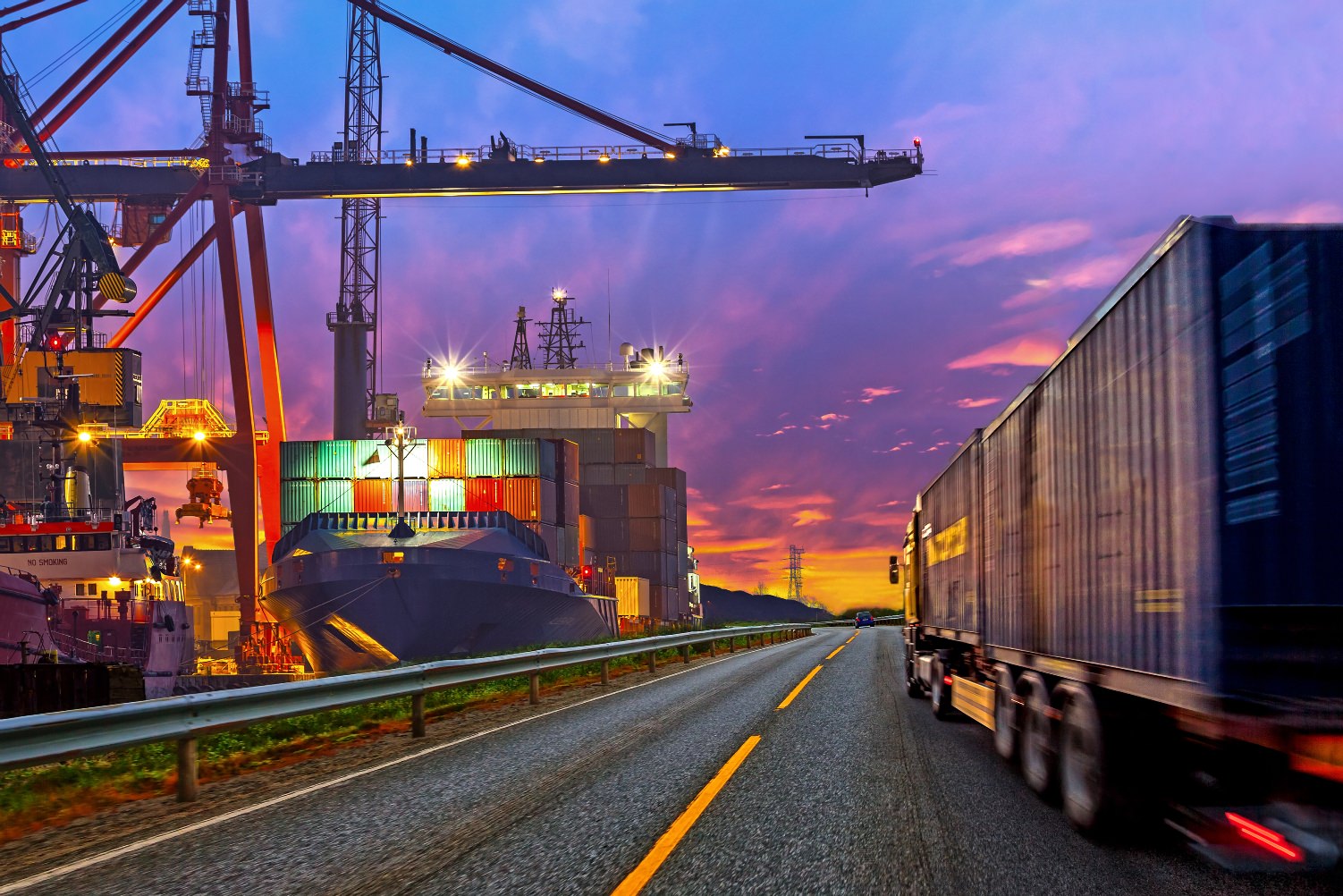15Mar
WHY BIG DATA IS SO IMPORTANT TO THE TRANSPORTATION INDUSTRY
The biggest issue in the transportation industry today is the constant lack of time. As freight transport demands increase, transportation companies need solutions to manage logistics and supply chain operations more effectively. In the process of searching for these solutions an emerging number of companies are embracing the opportunities that big data provides.
The practice of using big data includes collecting relevant electronic information from various sources in a very short amount of time. The gathered data is then used for analysis meant to identify patterns that can help the company to predict some future events. This practice brings lots of advantages to the transportation industry.
Before the use of big data, transportation and logistics management companies used data warehouses and business intelligence tools. It helped them to optimize operations, report and analyze customer behavior, and build advanced routing solutions. Now, big data helps companies to achieve even greater benefits in these areas.
HOW BIG DATA HELPS THE TRANSPORTATION INDUSTRY
The introduction of big data and smart technologies has resulted in many positive changes for the transportationsector. Operational efficiency and flexibility have increased, fuel consumption has been reduced, and customer experiences have drastically improved. Big data also helps with improving safety in transportation.
Data sensors in fleet vehicles provide real-time information about their performance. They provide accurate data of vehicles’ travel speeds, the time spent in transit and how long they are idle for. Sensors also monitor the health of the equipment and the entire engine. This allows for prediction of errors and timely preparations for maintenance.
Providing real-time information such as traffic jams, as well as weather and road conditions, big data helps in maintaining high safety levels. When you add the information about delivery addresses and the locations of fueling stations, you get a system that dramatically increases efficiency.

Thanks to sensors and satellite navigation: trucks, airplanes, or ships can be tracked in real-time. The opportunity to receive all of this data and then process it instantly, leads to making quick and effective routing choices. Data sensors also monitor the location, speed, break times and driver capabilities. This makes planning much easier than before.
Identifying the quickest and least expensive routes is not as challenging as it used to be. In case of delivery address changes, the system allows companies to quickly and easily calculate the best routing solution to the new destination.
Optimization of routing and freight movements leads to decreased fuel consumption and minimizes the carbon footprint. All of these opportunities bring considerable improvements to the transportation industry.
THE CHALLENGES OF BIG DATA
There is a definition of big data that is widely accepted and used to explain it, and it involves the three Vs – volume, velocity and variety. These three are actually the challenges that big data brings into question. So, the real issue is not that you are acquiring large amounts of data. It’s what you do with the data that counts.
Volume
With the increasing number of tools and channels for collecting data, the volume of data is rapidly growing. While excessive data volume was a storage issue in the past, today it causes other more nuanced issues. The storage costs are decreasing and large amounts of sensor and machine-to-machine data can be collected without any problems.
The question now is how do you determine the relevance of all the gathered and stored data. How do you differentiate the helpful information out of these giant piles? Even when relevant data is identified, companies need to use effective analytics to create any value from it all.
Velocity
The large amount of data flows in at an unprecedented speed and requires effective ways to manage in a timely manner. This speed is driving a need to deal with data in real-time. Most companies and organizations are facing the challenge of being able to react quickly enough and deal with data velocity.
Variety
Arriving from various sources, data can come in numerous types of formats. Some of it is structured and some of it isn’t. Managing these large amounts of different data can be a big challenge for many organizations.
BENEFITS OF BIG DATA
There are numerous benefits to properly using big data. Forecasting in terms of delivery time, weather and driver characteristics is a huge benefit in itself. The ability to efficiently manage inventory is another time saver and cost saver. Being able to predict capacity availability, in real-time, brings a lot of opportunities for transportation companies.
Optimal routing and information on weather and traffic congestion makes transportation management a lot easier. Reduction in driver turnover, driver assignment, and using sentiment data analysis simplifies human resources management. The ability to predict future events helps to avoid any unpleasant surprises.
Improved operational efficiency
Companies need to provide the lowest possible cost of transportation to customers while maintaining margins. To accomplish this, it’s crucial for them to optimize routing. In order to optimize routing of vehicles, crew, and goods – predictive analytics is typically used with data warehouse solutions.

Sensor driven data provides lots of relevant information about the vehicles and goods. This helps in resolving many potential maintenance challenges and safety issues. Some predictions say that monitoring this data and taking automated safety actions will be mandated by government regulations in the near future.
The opportunity to better understand when maintenance is due, can help tremendously with boosting efficiency. Moreover, monitoring the changing state of key components in near real-time affords for even greater efficiency and cost savings.
Improved service and customer partnerships
Whatever industry a company operates in, it needs to differentiate itself from the competition in order to be successful. Transportation companies can do it by becoming a reliable partner in the delivery of goods and services. If they succeed, they are perceived as providers of a critical portion of the supply chain.

Transportation companies have to deliver in a predictable and safe manner. They also need to offer transparency in the delivery process. As freight demand increases, companies need tools for intelligent forecasts. Big data helps them foresee the crucial aspects related to transport vehicles, facilities and crew.
Big data also enables greater transparency than has ever been seen before. As sensors become more prevalent in transportation vehicles, shipping, and throughout the supply chain, they provide all the necessary data.

No comments:
Post a Comment